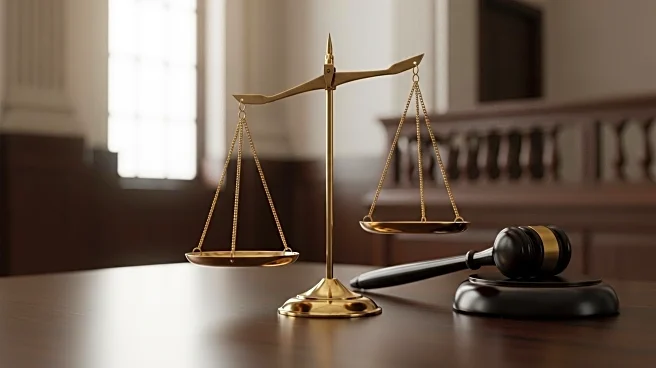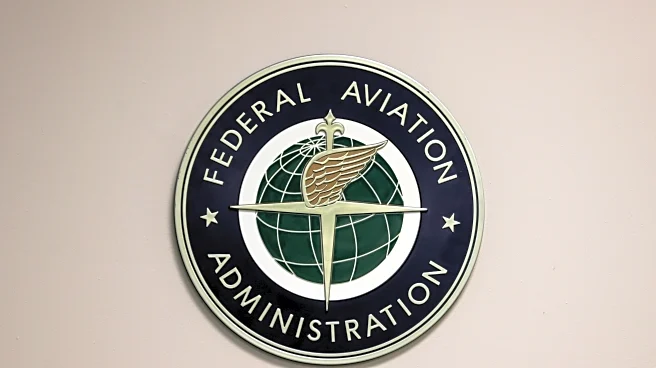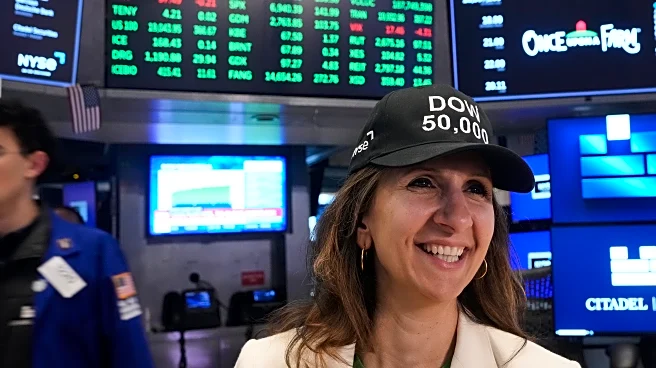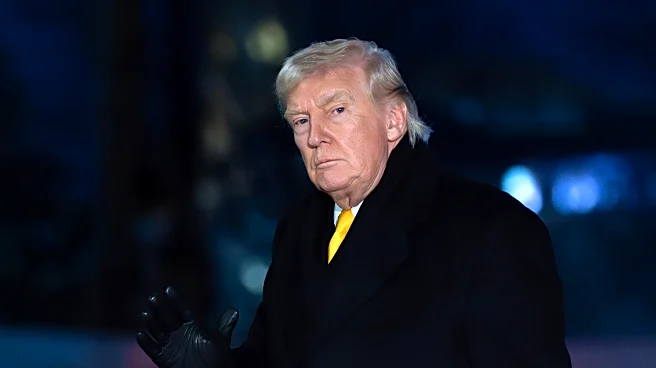What's Happening?
Retired Harvard Law professor Alan Dershowitz has lost his appeal to overturn a ruling that dismissed his defamation lawsuit against CNN. The lawsuit was based on CNN's coverage of remarks Dershowitz made during President Trump's 2020 impeachment trial. The 11th U.S. Circuit Court of Appeals found that Dershowitz did not provide evidence that CNN acted with 'actual malice' in their reporting. Dershowitz argued that his comments were misinterpreted by CNN pundits, but the court maintained that there was no intentional wrongdoing by the network. Dershowitz plans to appeal the decision to the U.S. Supreme Court, challenging the application of the 1964 New York Times v. Sullivan ruling, which he claims has been expanded to protect journalists from defamation claims.
Why It's Important?
The ruling underscores the significant legal protections afforded to the press under the New York Times v. Sullivan precedent, which requires proof of 'actual malice' for defamation claims involving public figures. This case highlights ongoing debates about the balance between free speech and accountability in media reporting. Dershowitz's challenge to the Sullivan standard could have implications for future defamation cases, potentially affecting how public figures can seek redress against media outlets. The decision also reflects the judiciary's role in interpreting and applying landmark rulings in contemporary contexts.
What's Next?
Dershowitz intends to appeal to the U.S. Supreme Court, which could lead to a reevaluation of the Sullivan standard. If the Supreme Court agrees to hear the case, it may prompt discussions on the scope of press protections and the criteria for defamation claims. Legal experts and media organizations will likely monitor the case closely, as any changes to the Sullivan precedent could impact journalistic practices and the legal landscape for defamation suits.
Beyond the Headlines
The case raises questions about the ethical responsibilities of media outlets in reporting on public figures and political events. It also touches on the broader cultural discourse surrounding media bias and the role of journalism in shaping public perception. The outcome of Dershowitz's appeal could influence how media organizations approach coverage of controversial figures and events, potentially affecting public trust in news reporting.










